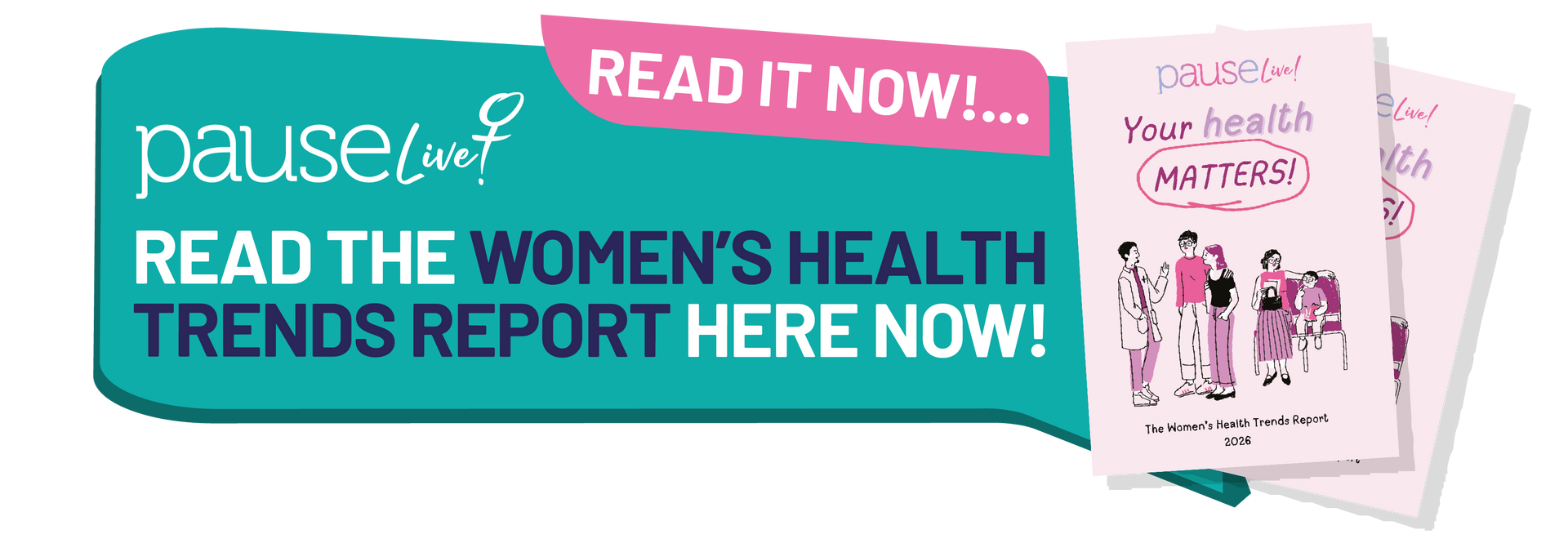MANAGING MENOPAUSE SYMPTOMS
Night sweats During Menopause
Night sweats are characterized by:
- Sudden, intense sweating during sleep
- Soaking of clothing and bed sheets
- Waking up feeling hot and uncomfortable
- Chills or feeling cold after the sweating episode
- Difficulty falling back asleep due to discomfort
- Accompanying symptoms like flushing or increased heart rate
These episodes can disrupt sleep quality, leading to daytime fatigue, irritability, and difficulty concentrating.
Causes of Night Sweats
The primary cause of night sweats during menopause is the decline in oestrogen levels, which affects the hypothalamus—the part of the brain responsible for regulating body temperature. When oestrogen levels drop, the hypothalamus may misinterpret the body's temperature, causing a heat surge that triggers sweating to cool down the body.
Factors that can exacerbate night sweats include:
- Stress
- Hot environments
- Spicy foods
- Caffeine
- Alcohol
Identifying and avoiding these triggers can help in managing night sweats.
Management Strategies
Lifestyle Adjustments
- Maintain a Cool Sleep Environment: Use a fan or air conditioner to keep the bedroom cool. Lightweight, moisture-wicking bedding can also help regulate body temperature.
- Dress Appropriately: Wear light, breathable, cotton pyjamas and layer your bedding so you can easily adjust as needed.
- Stay Hydrated: Drink plenty of water throughout the day to help regulate body temperature.
- Avoid Triggers: Identify and avoid triggers such as spicy foods, alcohol, and caffeine, especially in the evening.
- Practice Relaxation Techniques: Activities like yoga, meditation, or deep breathing can help reduce stress, which may lessen the severity of night sweats.
Medical Treatments
- Hormone Replacement Therapy (HRT): HRT may help stabilize hormone levels and reduce the severity of night sweats. Discuss the benefits and risks with your healthcare provider.
- Non-Hormonal Medications: Certain antidepressants or medications like gabapentin may be prescribed to manage night sweats if HRT is not an option.
- Lifestyle Counselling: Working with a healthcare provider to create a personalized plan can help manage symptoms effectively.
When to Consult a Healthcare Provider
If night sweats are severe or significantly impact your quality of life, it's advisable to consult a healthcare provider. They can help determine the underlying cause and recommend appropriate treatments.


